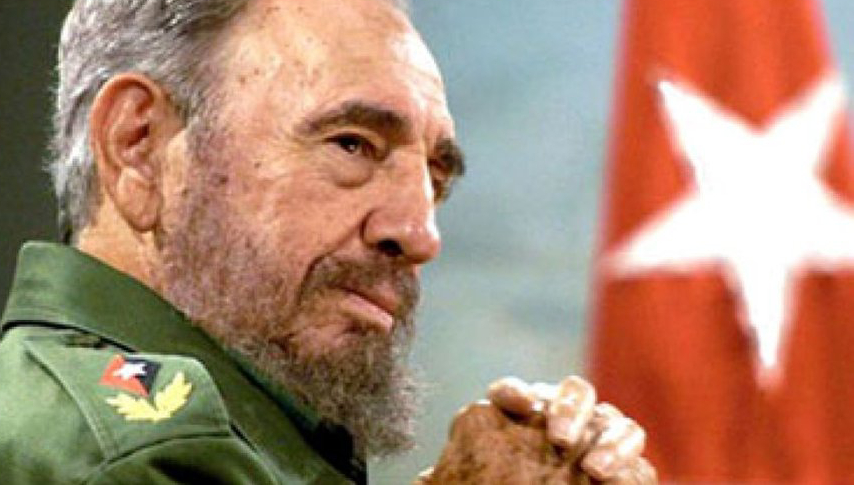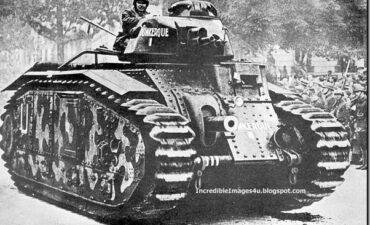Why didn’t Batista and the Cuban military use overwhelming force to end the Cuban revolution led by Fidel Castro? The Cuban Revolution, led by Fidel Castro, ultimately succeeded in part because of several key factors that undermined Batista’s ability to use overwhelming force effectively:
Guerilla Tactics:
The revolutionaries used guerilla warfare, operating in small, mobile units in the rugged Sierra Maestra mountains. This made them difficult to target with conventional military tactics.
Popular Support:
Over time, Castro’s movement gained significant support among the Cuban population. This support extended to urban areas, where sabotage, strikes, and demonstrations weakened Batista’s position.
Military Weakness:
Batista’s army was poorly motivated and trained. Corruption and low morale further hampered their effectiveness. Many soldiers were unwilling to fight fervently for Batista, and some defected to the rebels.
International Pressure:
The Batista regime faced increasing international isolation and criticism, particularly from the United States. The U.S. eventually cut off arms supplies and support, which weakened Batista’s military capabilities.
Economic Issues:
Cuba was experiencing economic difficulties, which increased discontent among the population and eroded support for Batista’s government. Economic instability made it harder for Batista to sustain prolonged military campaigns.
Propaganda and Communication:
Castro and his followers effectively used propaganda to communicate their message and gain sympathy both domestically and internationally. Radio broadcasts, such as “Radio Rebelde,” played a crucial role in spreading their message.
Strategic Errors by Batista:
Batista made several strategic errors, including underestimating the rebels and failing to adapt his military strategies to effectively counter guerilla warfare. His reliance on brutal tactics also alienated the population.
Decentralized Leadership:
The decentralized nature of the revolutionary movement meant that even if Batista’s forces captured or killed some leaders, the movement could continue under others.
These factors combined to prevent Batista from using overwhelming force effectively to eliminate the Cuban Revolution, ultimately leading to his downfall and Castro’s rise to power.








